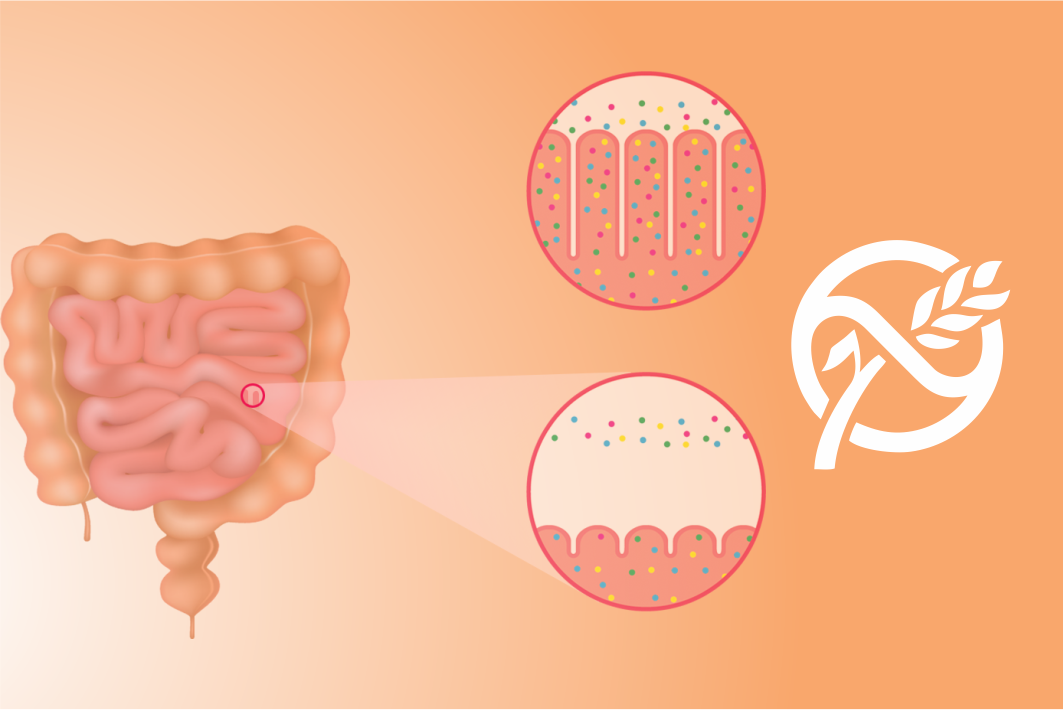There have always been debates on whether rice is better to consume as food than wheat or vice versa, with specific populations hinting that rice has more carbohydrates and may not be so healthy for people with diabetes, etc. However, contradicting the above statement, an auto-immune disorder, which affects the small intestine and is associated with an immune reaction to eating gluten, primarily found in wheat-based foods, is doing the rounds. The disease is prevalent mainly in the Northern part of India, where a wheat-based diet is the staple food and is primarily consumed than in the Southern and Eastern parts of the country, where rice and its variants are mostly consumed.
In 1887, Dr. Samuel Gee mentioned celiac disease, the auto-immune disorder that affects the small intestine and is associated with an immune reaction to eating gluten. Celiac disease is characterised by mucosa inflammation. The auto-immune disorder is related to wheat, and gluten is one of the triggers. Gluten, a group of various proteins found in most of the staple diets that include wheat, oats, barley, rye, etc., sometimes are not accepted by the body, which leads to damage to the small intestine and lowers the body’s ability to absorb food.
Symptoms
Symptoms of celiac disease can be manifold and may cause severe harm to the body, with diarrhea being the primary one and bowel movements getting hampered. Other forms of symptoms are mouth ulcers, lactose intolerance, etc. Chances of increased risk of adenocarcinoma and lymphoma of the small bowel, anemia, malabsorption of carbohydrates, calcium, Vitamin D, selenium, copper,
and zinc deficiencies are the other likely symptoms. A celiac patient may also encounter puberty delays, pregnancy complications, liver function issues, and immunoglobin A deficit.
Savoring gluten-free food
The disease cannot be prevented; however, the damage to the intestine can be reversed. With no particular treatment options available, it is better to have a gluten-free diet. A diet comprising corn, millet, sorghum, rice products, potatoes, and bananas can also be consumed. Karnataka-based Akki roti contains rice flour and can be considered an excellent option to keep celiac disease at bay. One can also savor Quinoa, a South American delicacy getting popular in India, besan, buckwheat flour, Amaranth flour, millet, arrowroot flour, coconut flour, tapioca flour, nut flour, etc. Poha is also a natural gluten-free food item that can prevent celiac disease.
Prevention is the goal.
Lack of awareness about celiac disease is a significant drawback. Though research activities are currently being undertaken to know more about Celiac disease and how it impacts India’s healthcare sector, more research is needed in this domain to highlight the drawbacks of the disease. While consulting a medical practitioner, patients suffering from the condition must refrain from specific diets. An ideal solution must be in place with concerted efforts from the medical fraternity and patients.





